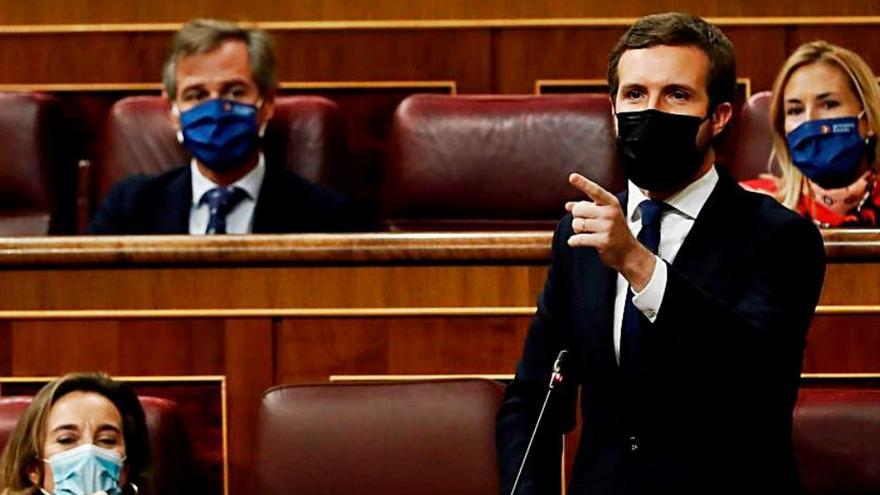Spain is a social and democratic state of law with many lights but with some shadows among which stand out political polarization, territorial tensions, low institutional quality, the risk of political and institutional blockade, the great deficit of governance and the impossibility of build consensus around the great collective challenges.
First, politics is showing a worrying drift in Spain. Uncompromising rhetoric and lack of willingness to agree. Politics separates itself from the concerns of the vast majority of Spanish society, and that is as irresponsible as it is dangerous. We have the best example in the tone of many parliaments or in the irresponsible frivolity demonstrated with the impulse of motions of no confidence, and the subsequent reaction, in the midst of the greatest economic and social crisis that we have known. Bad policy is now the problem, as citizens reiterate in polls, and in another policy is the solution. Extreme polarization, tactical thinking, and empty rhetoric are our biggest adversaries. On the contrary, our greatest allies should be the agreements around concrete policies and a strategic agenda. If politics does not offer solutions to citizens, no one should be surprised that many citizens turn their backs on parties and institutions and express their exhaustion in the form of abstention. The new geographies of unrest generate outbursts of indignation, they also generate fear, explain the retreat in our societies and the loss of support for traditional parties, and identify themselves with apparently “anti-system” populist options. The so-called “new policy” has not been able to offer solutions, but insecurity, uncertainty and fear of the future persist in the minds of millions of Spaniards.
Second, we need a shared basic idea from Spain to drive policies. Without an idea there is no possibility of agreement and if there is no agreement there is no way. The accommodation of nationalities and regions is a difficult but inescapable historical equation. Simpler would be to address our territorial governance deficit. Spain is a functionally federal state without a federal culture. Experience shows that you don’t know, you don’t want to, be a federal, and I’m no longer sure if you can. The political management of the pandemic has shown this and the implementation of the minimum vital income or direct aid to companies are the best example of our deficient conception of co-governance.
Third, polarization, lockdown and governance deficits make governance difficult and prevent parliaments and governments from taking care of what is important. The challenges we face are formidable and require major commitments and political agreements: a country that is once again moving away from average EU indicators, with little room for maneuver due to our aging debt, with high levels of structural unemployment, especially among young people, highly dependent on productive sectors with low productivity and low wages and very vulnerable due to their excessive dependence on mass tourism as the pandemic has shown. The agenda has long been clear: climate change, institutional quality, productivity, innovation and digital transition, temporality, low wages and precariousness, public and rental housing, poverty and social exclusion, aging, rural depopulation, metropolitan governance. Also the urgent thing: people in a situation of severe poverty and risk of insolvency of companies and the self-employed.
We face several overlapping crises that the European Union is not going to solve for us. Nor can we trust everything to European funds. A change of course is urgently needed. Before it is too late.
– .


.jpeg)